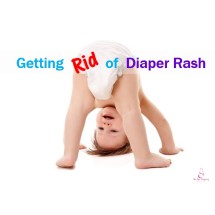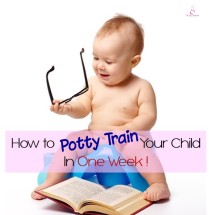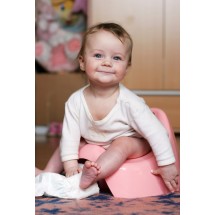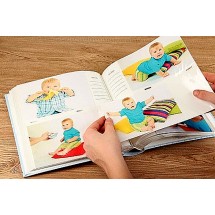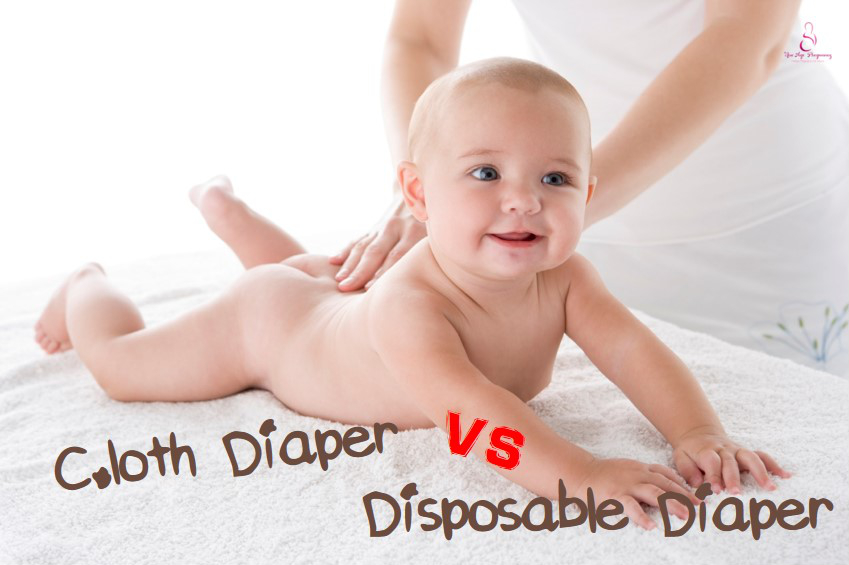
Parents have a lot of decisions to make and one of it, is the choice of diaper. If you have decided on disposable diapers, then it’s mostly a process of trial and error to see which brand is within budget, gives the baby more comfort, minimal skin rash and no leakage. But what if you’re considering cloth diapers? This article examines how cloth diapers stack up against their disposable counterparts.
Baby’s Skin and Comfort
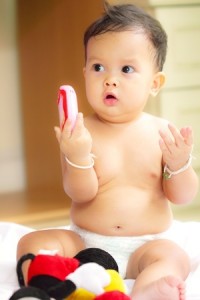 Parents may be wary what goes into the making of disposable diapers and whether using so many and in so close contact with the baby’s skin will harm the baby. It is unfortunate that companies do not fully disclose what goes into their diapers with the majority of marketing information focusing on the features of the diapers (such as absorbency, leakage-proof, feel and fit) rather than the materials and process. For concerned parents, you can contact the companies and avoid diapers that use or have chlorine, dyes, heavy metals, optical brighteners, fragrance or produce dioxin in the manufacturing process.
Parents may be wary what goes into the making of disposable diapers and whether using so many and in so close contact with the baby’s skin will harm the baby. It is unfortunate that companies do not fully disclose what goes into their diapers with the majority of marketing information focusing on the features of the diapers (such as absorbency, leakage-proof, feel and fit) rather than the materials and process. For concerned parents, you can contact the companies and avoid diapers that use or have chlorine, dyes, heavy metals, optical brighteners, fragrance or produce dioxin in the manufacturing process.
For cloth diapers, there are many options from cotton/ terry cloth to all-in-one diaper with different options for inner/outer liners. This is a more natural option but what goes into washing the diapers will affect the chemicals on the baby’s skin. Detergent residue stays on the cloth and if you are using very strong detergent to wash the cloth diapers, overtime, the accumulated residue on the diapers may also irritate the baby’s skin. Avoid fabric softener and bleach.
Diaper rash, though, is mostly due to the contact of skin with soiled diapers. Thus, parents have to be vigilant about changing soiled diapers, whether it is disposable or cloth. Given that cloth diaper is less absorbent than disposable diaper, it will require more frequent diaper changes in a day. As for what is more comfortable for your baby’s skin, you can feel the material for different disposable diapers, cloth or 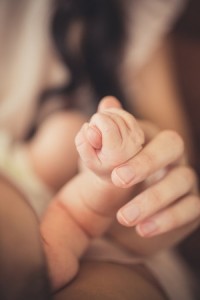 liners used in cloth diaper. The fit also affects the comfort and generally, cloth diaper is more comfortable.
liners used in cloth diaper. The fit also affects the comfort and generally, cloth diaper is more comfortable.
Convenience
Convenience is a big factor for today’s busy parents. Disposable diapers are more convenient as there is no need to wash, dry and fold, but simply disposed of. Depending on the cloth diaper you use, if there is no diaper cover to water-proof, soiled diapers will seep through and soil the bed sheet or even your clothes. Less absorbency means more changes are needed as the baby’s skin should not be kept in contact with soiled diapers. Some parents opt to use cloth diaper at home but use disposable diapers when out. In Singapore, diapering service (where you pay a company to rent, wash and provide clean change of cloth diapers) is uncommon but you can pay someone willing to wash them.
Ease of Use
Cloth diapers takes a little more effort to fold and secure than disposable diapers. However, cloth diapers have innovative designs now to secure the diapers with use of Velcro or creative safety pins. You can also purchase diapers that are pre-folded or cut to fit the  baby’s bottom. Both types of diapers are easy to use.
baby’s bottom. Both types of diapers are easy to use.
Cost
Cloth diaper is cheaper since it is reusable. If you’re buying cloth diaper, the cost will be higher than making your own but over the time your child needs to wear diapers, cloth diapers should still be cheaper than disposable diapers. Your child may start potty training earlier with cloth diaper as he starts to notice that the diapers are wet sooner rather than using disposable diapers. Water and electricity bills will be higher though with cloth diapering.
Environment
Disposable diapers use significant raw materials (wood pulp and plastic) and chemicals to make. You can ask if the wood comes from sustainable forests. 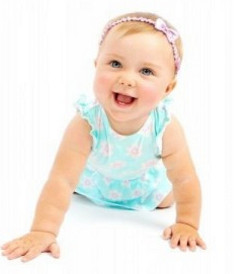 Once disposed, they contribute to landfill waste that do not decompose easily. For properly managed modern landfills, there should not be a risk of contaminants from the disposable diapers affecting ground water. It is not absolute though that disposable diapers are worse for the environment as there is also research indicating that the electricity and water used in washing cloth diapers have significant effect.
Once disposed, they contribute to landfill waste that do not decompose easily. For properly managed modern landfills, there should not be a risk of contaminants from the disposable diapers affecting ground water. It is not absolute though that disposable diapers are worse for the environment as there is also research indicating that the electricity and water used in washing cloth diapers have significant effect.
The choice of diapers ultimately comes down to personal preference. A large part of it also depends on who is taking care of the baby; for instance, child care centers will require you to bring disposable diapers. For some parents, the convenience of disposable diapers outweigh other factors while other parents feel very strongly about not contributing to landfills. You can also opt for a combination of using cloth diapers and disposable diapers when out. Whatever the decision, it should be one that all the caregivers (parents, grandparents or helper) are comfortable with, especially given the volume of diapers involved!
By Mei

